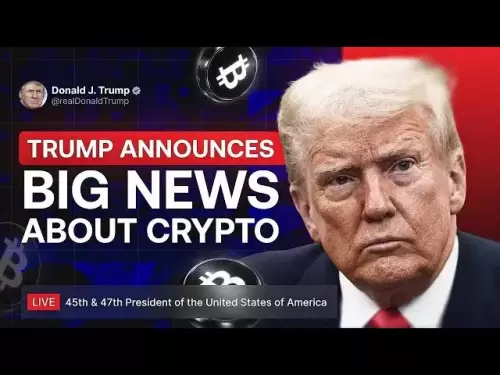Under a potential Trump administration, AI deregulation could supercharge American dominance, but critics fear a Wild West benefiting only a few corporations.

Trump, AI, and Deregulation: A Wild West Tech Landscape?
The intersection of Trump, AI, and deregulation is shaping up to be a key battleground. This article summarizes how a potential Trump administration might approach AI, focusing on deregulation and its potential impact.
Trump's AI Action Plan: Deregulation with a Vengeance
The Trump administration's AI Action Plan signals a sharp turn from the Biden era, prioritizing deregulation to win what it sees as an AI arms race with China. David Sacks, the administration’s AI and crypto czar, frames AI as a geopolitical imperative, advocating for policies that favor rapid development, even if it means dismantling existing regulations.
Key Policies and Recommendations
- Rescinding Biden’s executive order on AI.
- Fast-tracking AI exports.
- Purging “woke” or “ideologically biased” models from government contracts.
- Reviewing and repealing rules that slow down AI development.
- Massive investments in data centers and computing infrastructure.
- Denying federal funds to states that regulate AI “too much.”
Critics' Concerns: A Tech Billionaire Manifesto
Critics argue that Trump’s AI doctrine primarily benefits Big Tech, potentially at the expense of workers, creators, and even national security. Sarah Myers West of the AI Now Institute believes the plan was “written by and for tech billionaires.” Jim Secreto, a former Biden official, warns that dismantling guardrails could turn America’s AI revolution into a reckless gamble.
Intellectual Property and Copyright
Notably, the AI Action Plan barely mentions intellectual property, signaling a hands-off approach that favors AI companies training on copyrighted data. This stance clashes with bipartisan efforts, such as the Hawley-Blumenthal bill, which seeks to protect copyrighted material from unauthorized AI training.
The End Game: Power, Economics, and Culture Wars
Trump’s AI strategy is about more than just technology; it's about power, economics, and culture. The goals include:
- Ensuring American dominance in AI over China.
- Preventing “woke” values from being embedded in foundational models.
- Giving tech giants leeway to innovate rapidly, even if it means challenging copyright law.
The Bitcoin Angle: Trump Media's Crypto Bet
Adding another layer to this complex picture, Trump Media has made a significant investment in Bitcoin, converting a large portion of its liquid assets into cryptocurrency. This move, framed as a quest for “financial freedom,” raises questions about potential conflicts of interest, especially if Trump-era crypto policies directly benefit Trump Media’s Bitcoin holdings.
Looking Ahead: A Dynamic Future
The future of AI and cryptocurrency under a Trump administration remains dynamic and uncertain. Long-term forecasts suggest Bitcoin's potential dominance in global finance, driven by its decentralized structure and scarcity. However, challenges such as regulatory clarity and technological advancements must be addressed for Bitcoin to achieve widespread adoption. Investors are advised to approach long-term forecasts with caution, recognizing the evolving landscape of digital assets and macroeconomic uncertainties.
Conclusion: Buckle Up, Buttercup!
So, what’s the takeaway? Under Trump, expect a fast-paced, deregulated AI landscape. Whether that leads to unprecedented innovation or a tech Wild West remains to be seen. One thing's for sure: it's gonna be a wild ride! Just try not to get whiplash.













































































